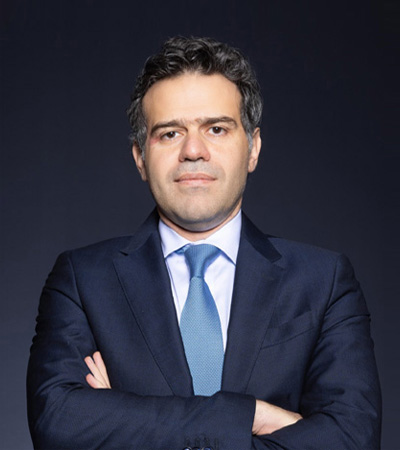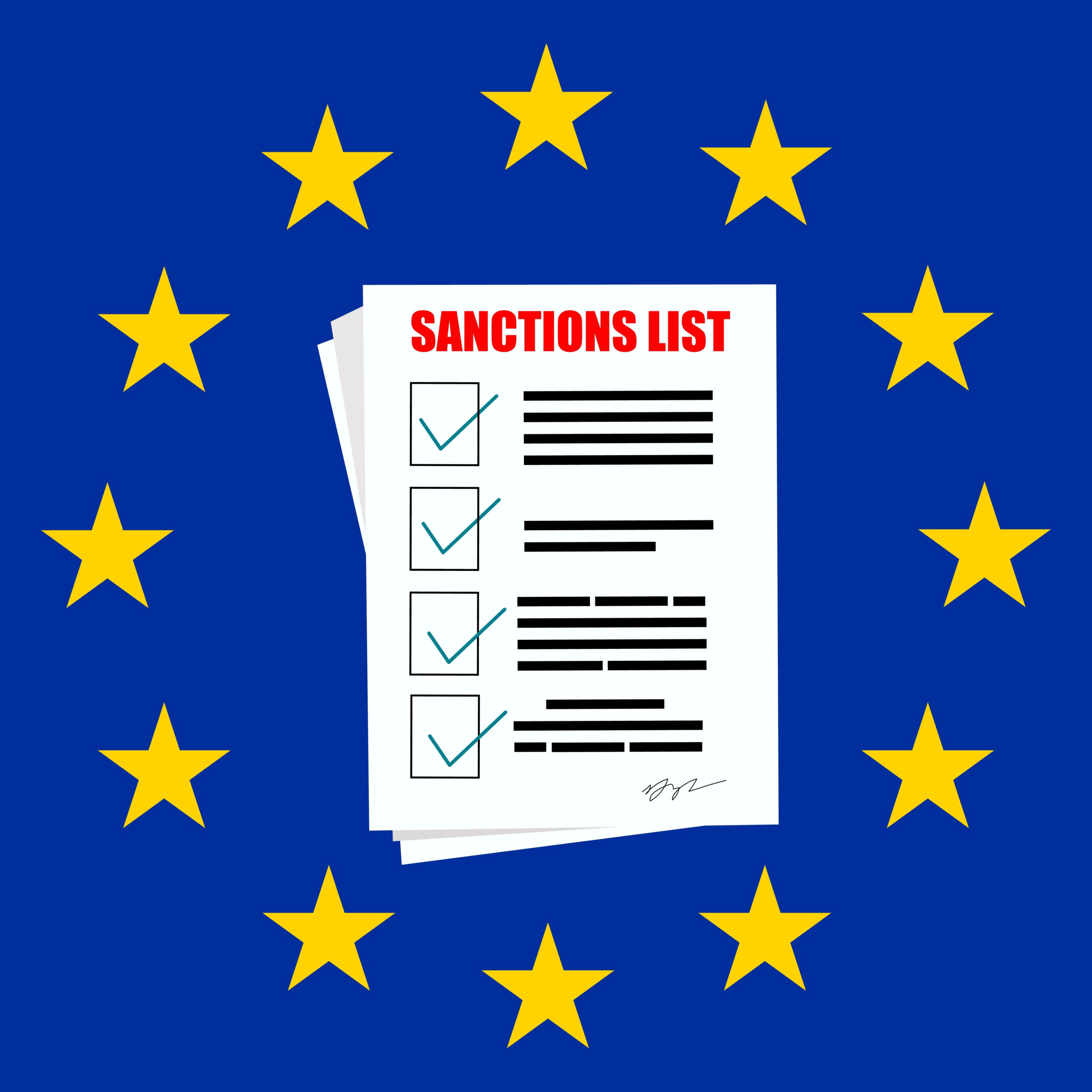The economy of a country is usually supported and boosted by the Government. In Lebanon, instead, the Central Bank or Banque du Liban has taken on the role for years now, due to the long governmental inactivity and the political impasse.
The recent formation of a national unity government – after the longest presidential vacancy in the country’s history – generated hope worldwide towards a new start for the country to get back on track both at the local and the international level. Nonetheless, Banque du Liban still plays an important role.
To learn more, feel free to read the following article.
The Role of the Banking Sector in the Growth of Lebanese Economy
Introduction
Since the election of President of the Lebanese Republic at the end of 2016, organizations and actors in the international market have stressed the circumstance that the resuscitation of the political process in Lebanon had come to an end. The election and the subsequent formation of a national unity government generated hope towards a new start for the country to get back on track both at the local and the international level.
This attitude derives from the fact that governments are usually the institutions entitled to solve access to finance problems. In Lebanon, instead, since the government was inoperative for long time, the Central Bank or Banque du Liban (“BdL”) has intervened in several occasion to support the economy.
Such activity recently have arisen concerns related to a possible stretch of the BdL’s mandate and an overuse of its powers. Yet, it should be noted that the BdL has always acted according to the provisions of the law establishing the BdL – the Code of Money and Credit –– that includes, among other duties, “safeguarding economic stability” and “developing the monetary and financial market”.
Amid fiscal policy paralysis – a formal budget has not been ratified since 2005 – and the longest presidential vacancy in Lebanon’s modern history – from May 2014 until December 2016 – BdL continues to actively and proactively manage economic and financial challenges facing the country, providing critical support to the real economy as well as acting as a backstop to the financial sector.
Recent monetary and financial actions
Over the past four years, consecutive packages of subsidized loans for the private sector were issued, helping to support demand. Those actions were put in place amending the basic Decision no. 6116 of March 7, 1996 regarding “Facilities that may be granted by Banque du Liban to Banks and Financial Institutions”.
Furthermore, faced with weaker capital inflows in 2016, a main resource for an economy with sizable fiscal and current account deficits like ours, BdL financially designed a swap operation that was able to boost its foreign exchange reserves and capitalization in local currency at commercial banks. The swap was offered in parallel with the decline of yields in other emerging markets. The timing of the two operations made Lebanese Eurobonds very attractive for foreign funds, and encouraged Lebanese banks to sell these Eurobonds in order to participate in the swap operation. High capital inflows resulted from the operation positively increased the balance of payments, but it did not have impact on the real economy as they were not the result of an increase in foreign direct investments, remittances from the diaspora, or tourists spending.
As the World Bank highlighted in the report “Lebanon Economic Monitor Fall 2016”, BdL’s stimulus packages and other initiatives, in conjunction with the contributory role played by Kafalat, the loan guarantee financial company, have provided significant support to the real sector, by means of subsidizing interest payments of SME borrowers, extending special guarantees to SMEs, and granting exemptions on compulsory reserves of creditors.
While there are no elaborate scientific or academic studies questioning the effectiveness of BdL’s subsidized lending programs in stimulating economic growth and job creation, the recent low GDP increase would have been even lower without BdL’s interventions. Those involved largely the tech industry and the knowledge based economy (“KBE”), but also the real estate and tourism sector have been interested.
i) Tech Industry and Knowledge Based Economy
With regard to the tech industry, to support Lebanon’s entrepreneurial ecosystem, four years ago BdL issued Circular 331 with the dual aim of retaining local talent and attracting the expatriates to setup business in the country. The initial $400 million USD funds gave impulse to develop the technological and digital sector, encouraging the incorporation of Lebanese companies, the operations in the country without a definite time limit.
According to the Circular, BdL guarantees 75% of the equity investments carried by
Lebanese bank in startups, incubators, accelerators, and Venture Capital firms (“VCs”). In other words, BdL has intervened de-risking equity investments in Lebanese incorporated startups, to overcome the resistance of banks in granting loans into a whole new and little known business area.
In line with the first measure, in 2015 BdL also extended until November 2016, based on intermediate circular no. 382 and circular no. 408, the period over which banks could benefit from the facilities granted at an interest rate of 1% to provide concessional loans with these funds. It also added to the funds not used from these facilities a sum of LBP 1500 billion.
In 2016, it increased the margin of funds that banks could dedicate to the financing of this sector, by authorizing them to invest, with BdL’s guarantee, up to 4% of their own funds, compared to 3% previously.
Finally, between February and March 2017, BdL issued two Intermediate Circulars no. 452 and no. 454 to clarify and integrate the regulatory framework, with three main innovations to highlight. First, the new provisions prohibit banks and VCs from using the interest-free facilities outside of Lebanon, except when the funds are needed to cover services – like promotion abroad – and equipment unavailable in the local market. Second, it is forbidden to extend any kind of loan t startups companies in which bank and VCs have invested with the exception of a 6-month bridge financing under specific conditions. Third, based on transparency regarding financing flows, the beneficiary banks are mandated to report a series of information, including the financial statements of individual startups companies, on a quarterly and annual basis to BdL and to the Banking Control Commission of Lebanon.
Regardless the facilities provided through the commercial banks, entrepreneurs encountered some obstacles. Some existing business that were initially incorporated abroad, could not benefit from the loans; the criteria of “contributing to the KBE” has been too constraining for others; some startups, instead, felt entangled in the law’s provisions regarding incorporations of business structures , dilution of shares, intellectual property protection etc.
Nonetheless, it is worth to notice that Circular 331 has created a lively and highstandard technological environment in Lebanon, where different actors interpret essential roles to contribute to the growth and the innovation of the country.
More than 1500 companies are working in the ICT field (1500 according to the 2016 report issued by the UK Tech Hub), in addition to 8 incubators and accelerators, mentorship and business educational groups, 6 local venture capital firms and others operating in the regions. It is a matter of time until the spill-over effect contributes to the GDP growth.
ii) Real Estate and Tourism
From another perspective, more down-to-earth, the real estate and tourism sectors also have been included in the stimulus packages of the BdL thanks to the provisions contained in the Intermediate Circulars no. 427 of June 2016, and no. 465 of June 2017.
The first measure, with the drive to alleviate the shortage of cash encountered by the real estate developers, created a financing vehicle for real estate companies to be incorporated with a specific and limited purpose: purchasing unsold building properties and selling them at a later date.
Even without subsiding these loans with lower interest rates, Circular 427 provides an incentive by allowing banks in Lebanon to offer credit facilities to companies, funds or special vehicles for the purpose of acquiring real estate projects. The loans are subject to certain conditions set up for a) the seller, i.e. specialized real estate companies, b) the properties, and c) the purchase itself. Credit is available up to 60 percent of the value of the purchase with the remaining 40 percent financed by the purchaser from their equity excluding debt.
The main target of the measure is to boost sales of existing new real estate stock that remains unsold. Another important outcome is the enhancement of the dialogue between the actors, creating synergies and a proactive business environment around the real estate sector: banks are more incentive to negotiate with the real estate companies to recover the nonperforming loans; the specialized companies will be able to provided bespoken and befitting marketing and selling services that contractors might not be able to offer; and finally, since the unsold properties tend to be the expensive ones, large funds with the capacity to take advantage of the circular will flow into the market.
In line with the spirit, the most recent Circular 465 aims to boost real estate projects related to hospitality, as well investments in the tourism like, leisure parks and medical centers, through commercial banks subsidized loans (up to $ 10 million USD) for a prolonged period.
In particular, the new loan period should be between 5 and 7 years and no more than 15% of the principal should be due during the first two years; such period can also be extended but cannot exceed 19 years and without any change in the cost of the estimated subsidy for the original loan period. Moreover, SMEs in the tourism sector can also benefit of the guarantees of Kafalat up to $ 400,000 USD. It will be essential to see in the following months how the measure is implemented in practice, in order to make more accurate evaluations.
Conclusions
This analysis includes some of the incentives engineered by the BdL. Regardless the future results, it cannot be denied that the recent monetary and financial policies have helped so far to counterbalance the unstable political climate that usually discourages FDI.
On one hand, in a more macroeconomic outlook, inclusive growth and job creation are at the heart of unlocking Lebanon’s potential. Credit incentives, provided through the banking sector, have played a key role in boosting and supporting the numerous segments of the Lebanese economy: fostering traditional sectors through productive loans; development of human capital and entrepreneurship through education, research and development and knowledge and innovation loans; reinforcement of the middle class through housing loans; and preservation of the environment through green incentives.
On the other hand, from a regulatory perspective, critical reforms are needed to put the country back on the right track. Laws from the Parliament are necessary to acknowledge the achievements and give strong legal protection to the results obtained so far, despite the adversity linked to internal factors – like the lack of infrastructures – and to external factors – like the Syrian conflict.
These reforms may include, but are not limited to modernizing the commerce and corporate law to ease doing business in Lebanon and to allow the development of capital markets (e.g. reducing the costs of creating and closing companies, transfer of shares, etc.); reforming the public sector in parallel with the approval of the new salary scale; fighting corruption and tax evasion. With regard to the latter, it should be mentioned that further steps towards tax transparency have been made with the signature of the OECD Multilateral Convention on Mutual Administrative Assistance in Tax Matters on May 12, 2017.
Assuming the political process does not revert back to an impasse, improvements in the traditional and innovative economic drivers— tech industry, tourism, real estate and construction—are likely to translate into a pick-up in real GDP growth in the next years. That and the awaited structural reforms would help to soothe potential financial risks due to the leveraging and repayment capacity of the beneficiaries of BdL’s initiatives after several years of lending.







